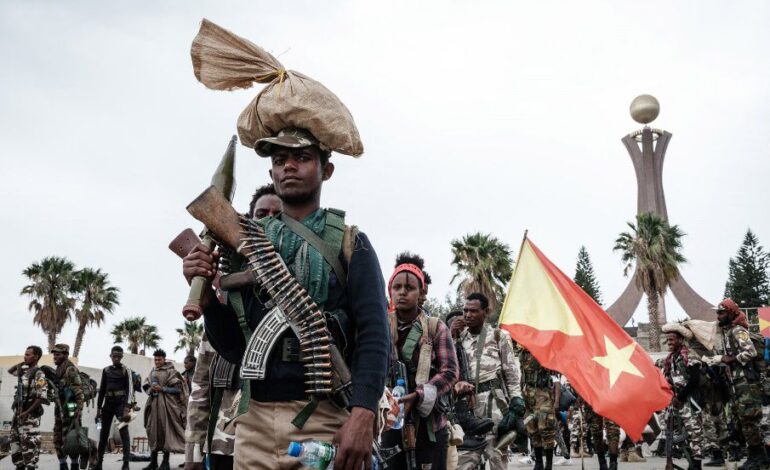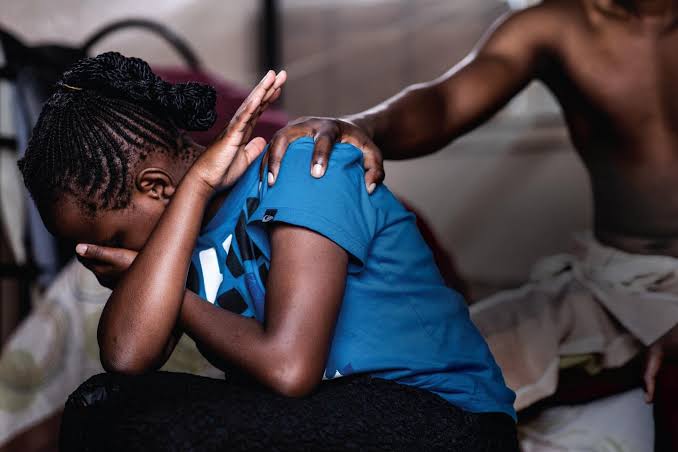
Faith Nyasuguta
For years, sexual abuse and exploitation of children has taken place in secrecy due to the shame and stigma some communities attach to it, allowing the crimes to prosper.
Annually, over 400 million children around the globe are exposed to child sexual exploitation and abuse, according to a new report by Economist Impact.
In Africa, some nations have put together stronger systems for response to abuse and exploitation of children than those protecting the young ones against predation.
The report dubbed, Out of the Shadows Global Index 2022, shows that the systems especially in African countries mostly come in after children have been harmed.
According to researchers, the report is a “government report card” on successful policies and existing gaps.
Of the 60 countries studied, which account for 85 percent of the world’s children population, the United Kingdom, France and Sweden scored the highest in prevention of and response to child abuse.
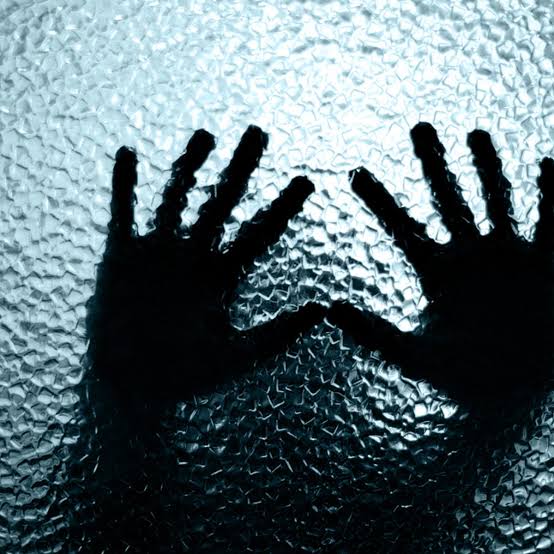
The index reviews governance dimensions — mainly prevention and response — comprising protective legislation, policy and programmes, and national capacity and commitment pillars; and support services and recovery, and justice processes.
For the African continent, only South Africa made it to the top 20 list. South Africa is the only nation that ranks in the top 10 across all the five categories of the index, providing the strongest example of a holistic approach to addressing child sexual exploitation and abuse.
It is just one of the 10 countries that have specialised courts for cases of sexual violence, and one of two countries with comprehensive laws supporting victim-survivors, including enactment of a non-punishment provision for child trafficking victims and the elimination of the statute of limitations for sexual abuse and exploitation cases.
“Crucially, it has also eliminated the statute of limitations for child sexual abuse and exploitation cases, paving the way for many more cases to be reported,” the report says.
From East Africa, Kenya is the best performer, ranked at position 21, Rwanda at 27 and Tanzania at 33. Nigeria is ranked 34.
Generally, Niger and Cameroon emerged as the worst performers, with estimates showing that one in four girls were married before the age of 15 years.
Commenting on the poor showing of African states on the index, organisations working on children’s rights acknowledge that some progress has been made in terms of legislation, but implementation remains a challenge.
Tsitsi Matekaire, Global Lead for Ending Sexual Exploitation at Equality Now, a legal advocacy organisation seeking a just and equal world for women and girls, and Paul Odhoch, Executive Director of Trace Kenya, a Kenya-based NGO fighting trafficking in persons, acknowledge that Kenya has a robust policy framework that addresses child sexual exploitation and abuse.
They cite the revised Children Act (2022), the National Plan of Action to Tackle Online Child Sexual Exploitation and Abuse (2022-2026), and the National Care Reform Strategy for Children in Kenya (2022-2032).
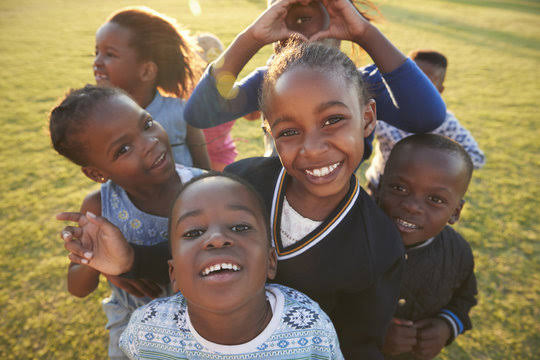
“We have to commend the Kenya government for fast-tracking these policies in 2022,” Ms Matekaire said.
But they say lack of awareness among the public, civil society organisations, and government departments on these policies impedes their implementation.
“Governments must accelerate awareness among these stakeholders, which will be a key step to ensuring their implementation and enforcement,” Ms Matekaire said.
“The National Council of Children Services, whose job is to protect children, needs to formulate a public communication and programme to create awareness about the problem,” added Mr Adhoch.
He said most of the abuse is happening in households, where children are exploited by relatives, making it hard to crack cases, where families are unwilling to surrender perpetrators to face the law.
The two rights advocates acknowledge that the coming of the digital era has complicated the fight against child sexual exploitation and abuse, with Mr Adhoch saying: “There is an emerging trend of online abuse in Kenya, which is one of the leading up-takers of the internet in the region, so children are exposed to a lot of harmful online content. Also, the anonymous nature of some harmful digital content makes catching child abuse perpetrators hard.”
According to Ms Matekaire, child protection will only be possible if there is increased involvement of children themselves in protection leadership mechanisms.
“Those from marginalised communities are especially critical in adding the much-needed perspectives and solutions to prevent and respond to exploitation and abuse,” she said.
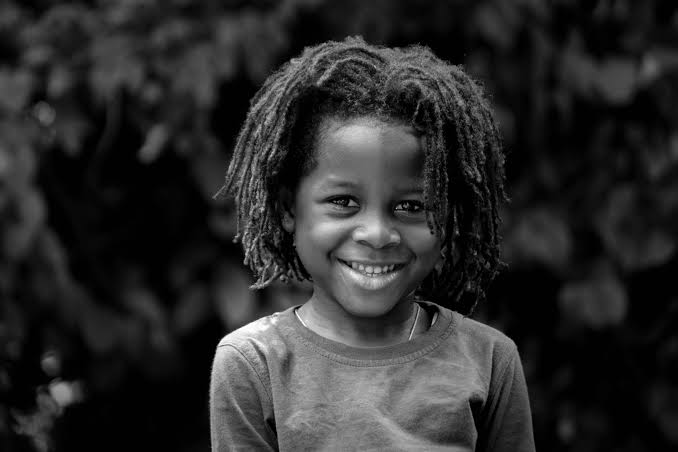
They recommend a multisectoral approach in addressing the problem.
“The police, prosecutors and judiciary need to be more assertive when it comes to tackling online sexual crimes against children. This also relates to how evidence is collected, stored and presented in criminal proceedings.”
“There is room to strengthen responses in this area, for example, by improving collaborations between the children officers, who are first responders, and the investigators in the investigation of child sexual abuse and exploitation cases.”
Mr Odhoch sees an opportunity in harnessing digital and social media for awareness campaigns. He says Africans being astute consumers of digital content, can be mobilised around advocacy campaigns especially when cases of child abuse are publicised.
“Cases that shock the public can be used to create awareness around the crimes and push for justice for the victims,” he said.



